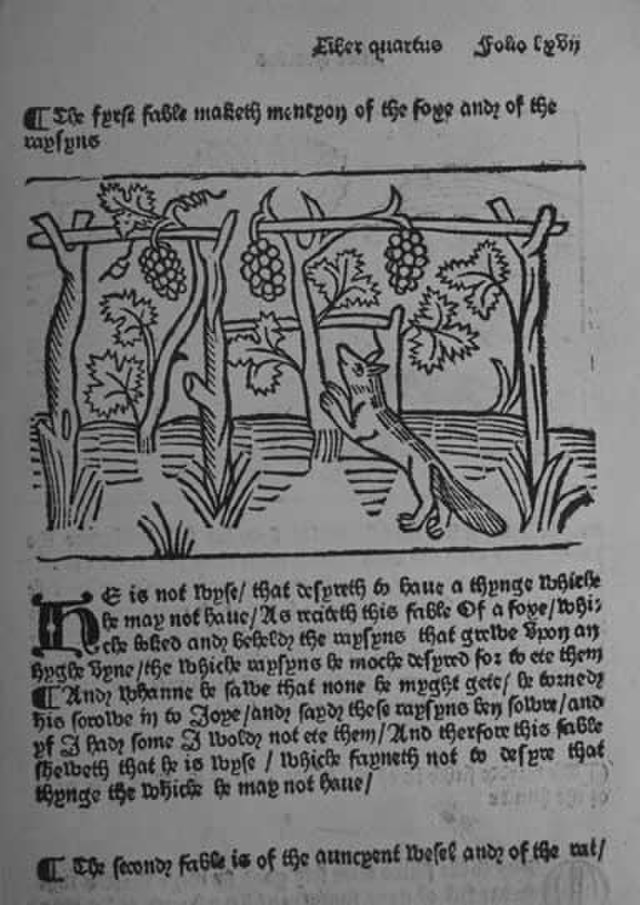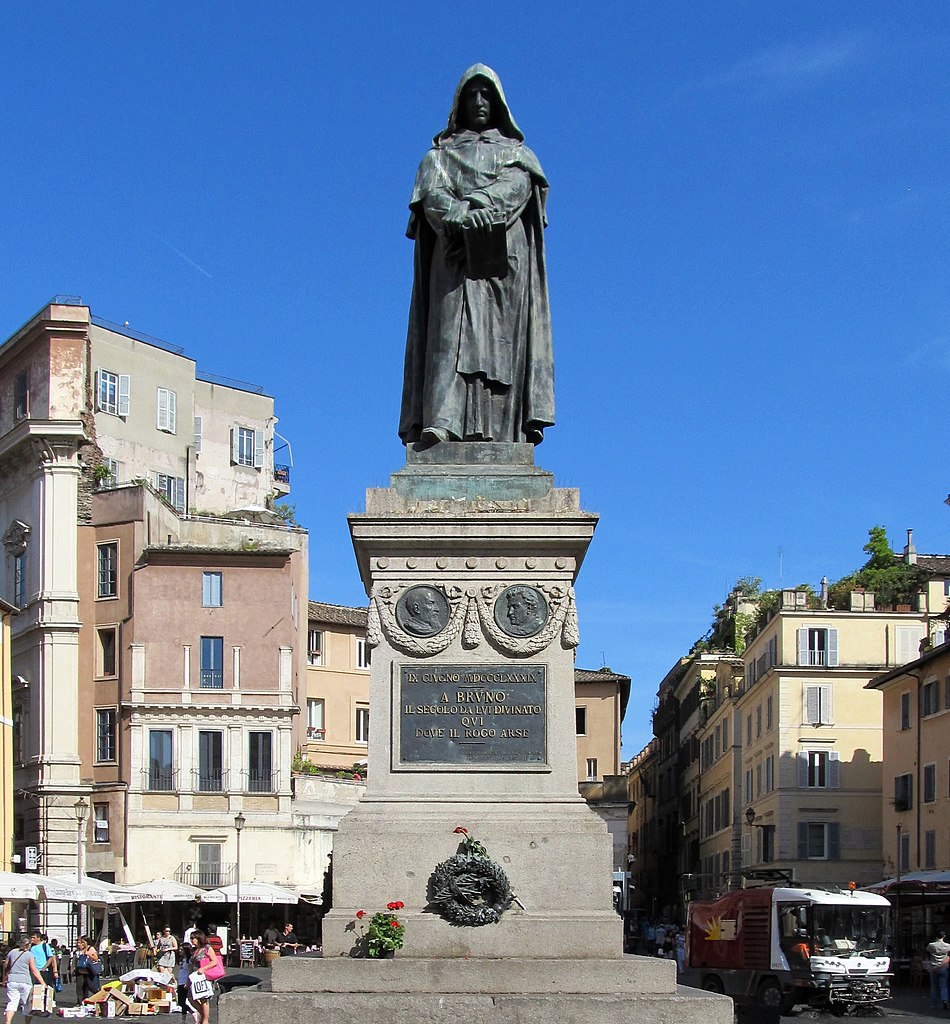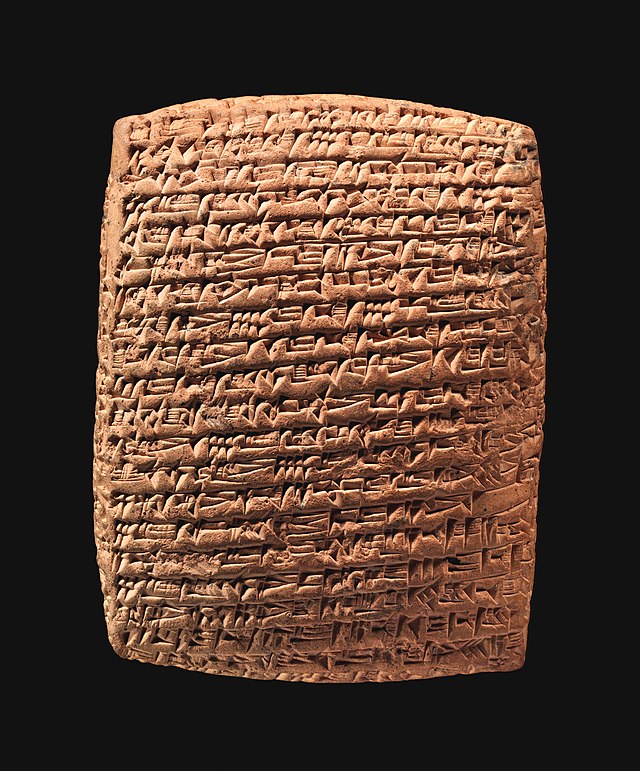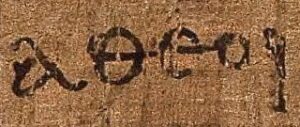
Christmas came and went, so let’s conclude our Atheist Advent 2023. Today we will talk about values and about the misguided argument that you can’t have strong values if you are an Atheist.
Humans tend to capture their core values in writing, and religious books are a notable example of this, which leads some to the conclusion I mentioned above.
The thing is: religious texts are just one of many ways humans record their thoughts about values and morals. The history of secular moral and philosophical texts is just as rich and varied.
In fact, religious doctrines are often inspired by secular texts. Both in the West and in the East, organised religions have assimilated non-religious philosophical traditions that preceded them.
Two examples are the way that Greek philosopy served as the foundation for Christian Theology, and the Chinese theory of the Three Teachings, which considers Confucianist and Taoist philosophies, together with the Buddhist religion, as a harmonious aggregate.
My mother is a retired Classical Literature teacher, so growing up I got to hear many Greek tales before sleep, such as the Aesop fables, and, despite what Christian Epistles claim about pagan texts being immoral, they often have a strong ethical message.
Later on, as an adult, I’ve enjoyed reading Marcus Aurelius’ Meditations. It contains moral and philosophical thoughts that you can act upon to better yourself. This is not a text written by some self-professed self-help guru who is trying to sell you a course. Its main purpose was recording Marcus’ thoughts; that’s what makes it so powerful in my opinion.
It’s not perfect and it’s not for everyone, but that’s fine, we are under no obligation to select a common set of sources and different people can resonate with different authors.
Which brings me to my main criticism of organised religion: the fact that it tries to estabilish a fixed canon, imposing shared values in a fragmented world, which inevitably leads to dogmatic thinking.
Your own guide values, are only going to be strong if they are rooted in your own life. Not in some book that someone else wrote. There are specific experiences your life that gave you wisdom, those will always stay with you in a way that no book ever will.
I just want to conclude this Atheist Advent with one more thought: I might disagree with their book, but I don’t hate anyone, never ever. I genuinely love to hear other people’s perspectives about life. I hope you can say the same about yourself!


